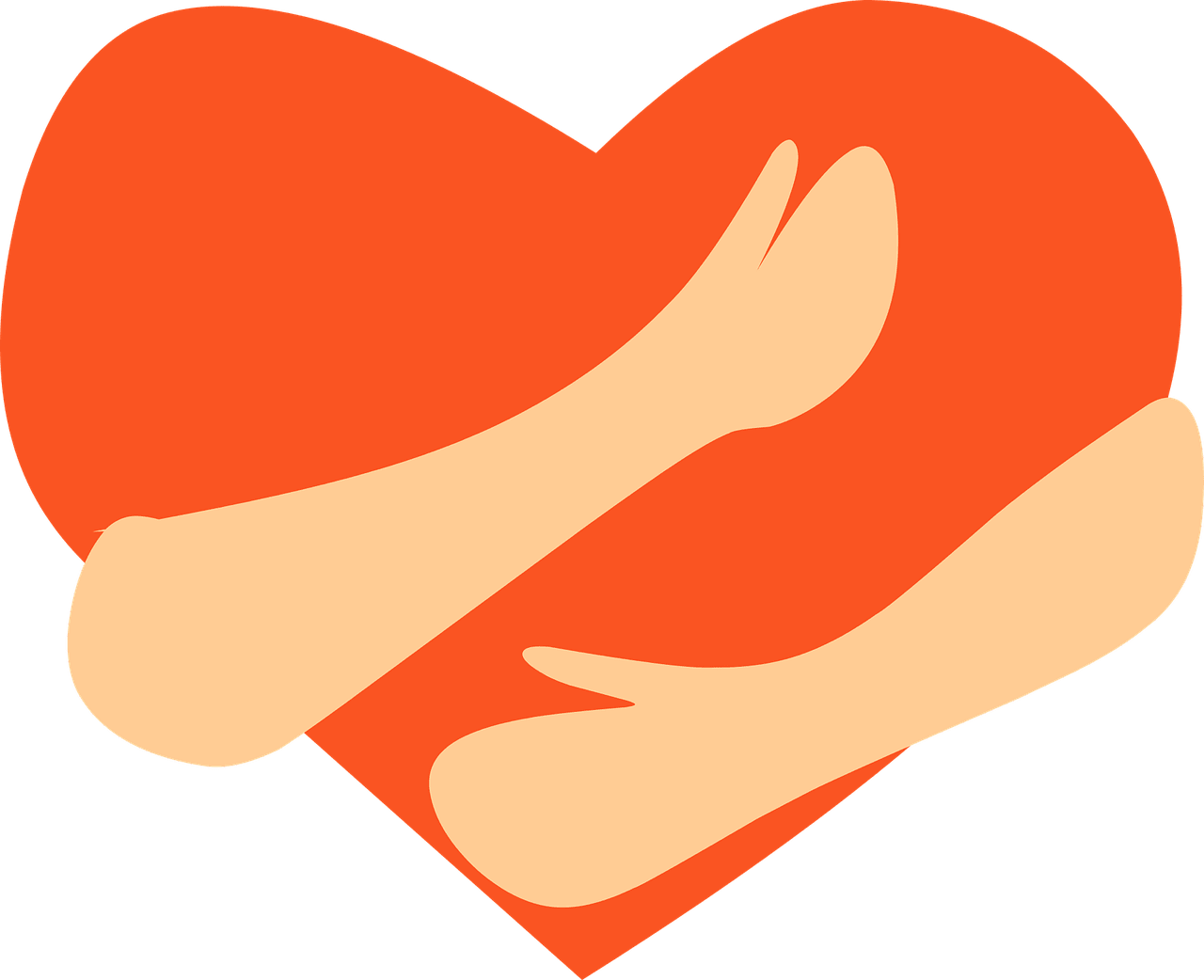Jackie Handy examines the connection between exclusion and poor mental health
You may have read my recent article about my TEDx talk The Exclusive Nature Of Inclusion which saw me talking openly about my childhood experiences of bullying through a variety of perceived "differences", the most difficult of those being my coming out as lesbian at 15 and the emotional challenges I faced with feeling safe, belonging and having a contribution that mattered.
I find myself touching now of some other messages in my talk. Specifically the connection between exclusion and health. It was Abraham Maslow who, in the 1960s, developed his "hierarchy of needs". If you haven’t seen his work then let me explain briefly.
The theory is that as humans we have a number of innate needs and we cannot move up this hierarchy until we have completely fulfilled the level below. For example, Maslow’s baseline level is "physiological needs"; air, food, water all fall in this category and without access to these, nothing else in life matters to us.
Assuming we have access to air, food and water we then move up to the "safety needs" level. As the name suggests this is all about the need we have to feel safe. Whether that falls in the shape of a roof over our heads, how secure we feel in our jobs or how open we feel we can be about our "differences", this feeling of safety is a fundamental human need for us all. Without it we cannot elevate to the third level; "social needs".
Social needs is arguably one of the most important levels of Maslow’s hierarchy. Often referred to as the Love and Belonging level, our social needs may be fulfilled through the intimacy of a partner as well as the camaraderie of a solid team at work. Humans simply aren’t designed to be loners. We need others around us to enable us to grow. Other people also allow us to feel part of something bigger than ourselves (a partnership, a family, a team) and that is hugely powerful. A lack of this in our corporate lives leads to the biggest reason people leave jobs – they don’t feel loved/valued.
Once the need to belong is fulfilled, we move to "esteem needs". I call this the ego level, but ego in its positive sense. We all need to feel as though we have a role to play in our social group. A role that makes us feel good. A role that means our contribution to the world matters. Being given additional responsibility at work, being recognised and congratulated for a personal achievement are just some of the ways our esteem needs can be fulfilled.
The pinnacle of Maslow’s hierarchy is "self-actualisation" and is the place we all aspire to be. It doesn’t necessarily correlate with financial and personal wealth and success, although it can do. Feeling self-actualised is a true, deep, congruent sense of fulfilment in life. A feeling that could easily take us to places – literally and metaphorically – that we never previously dreamed was possible.
It’s worth remembering that the hierarchy is fluid and work issues can influence personal motivation and vice versa. But understanding our own needs as well as the needs of those around us could lead us to take more care of our own mental health, and that of others.
Jackie at TedX Telford
Maslow plays his part in my TedX Talk in that for a long time, I was unfulfilled at safety, social and esteem needs and it held me back, leaving me feeling hopeless and isolated. When he completed his research (or at least not to my knowledge), Maslow had no caveat suggesting the needs of the LGBTQ community, the BAME community or any other minority group, were any different to the needs of others. These are the needs of all human beings.
So as we acknowledge the synergy with inclusion and mental health and wellbeing, check in with yourself and ensure you have access to things/people/places/resources that help you fulfil your basic human needs. And take the time to check in with those around you that they also have what they need. We no longer need to feel hopeless and isolated – there is always a way through if we ask.
And it could save a life.
Jackie Handy has supported hundreds of individuals in numerous organisations around the world in accelerating performance and enhancing workforce engagement through her consultancy, Runway Global. She lives in Worcestershire with her wife Shar and their cockatoo, Barnaby.
Only reading DIVA online? You're missing out. For more news, reviews and commentary, check out the latest issue. It's pretty badass, if we do say so ourselves.
divadigital.co.uk // divadirect.co.uk // divasub.co.uk
